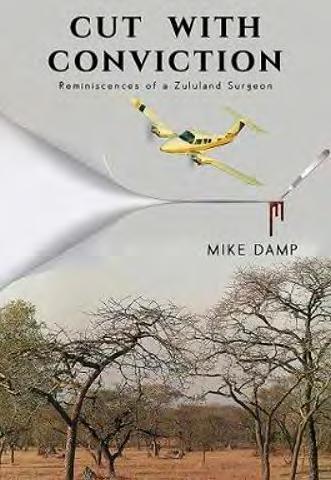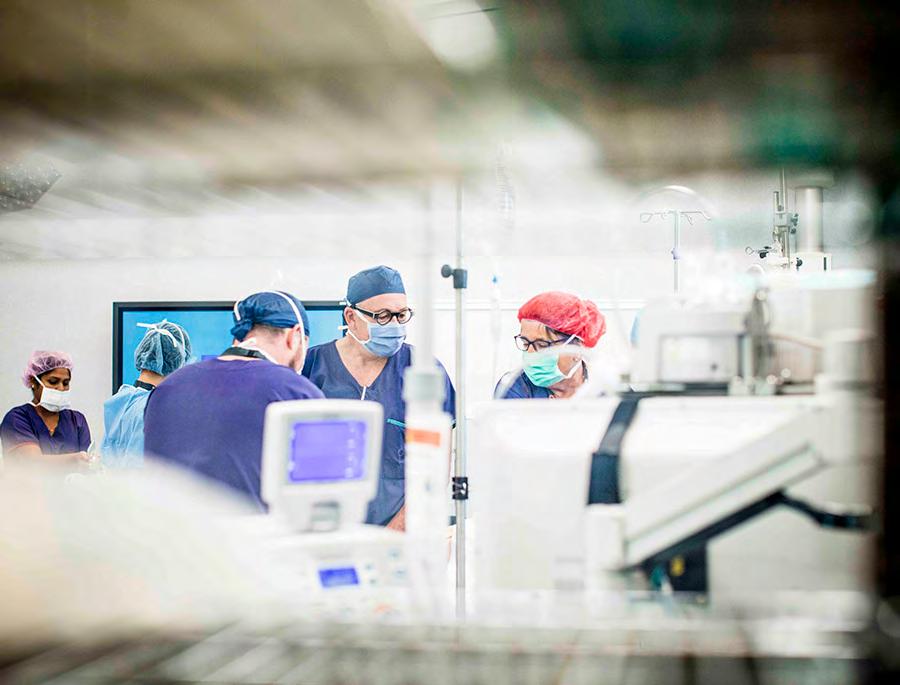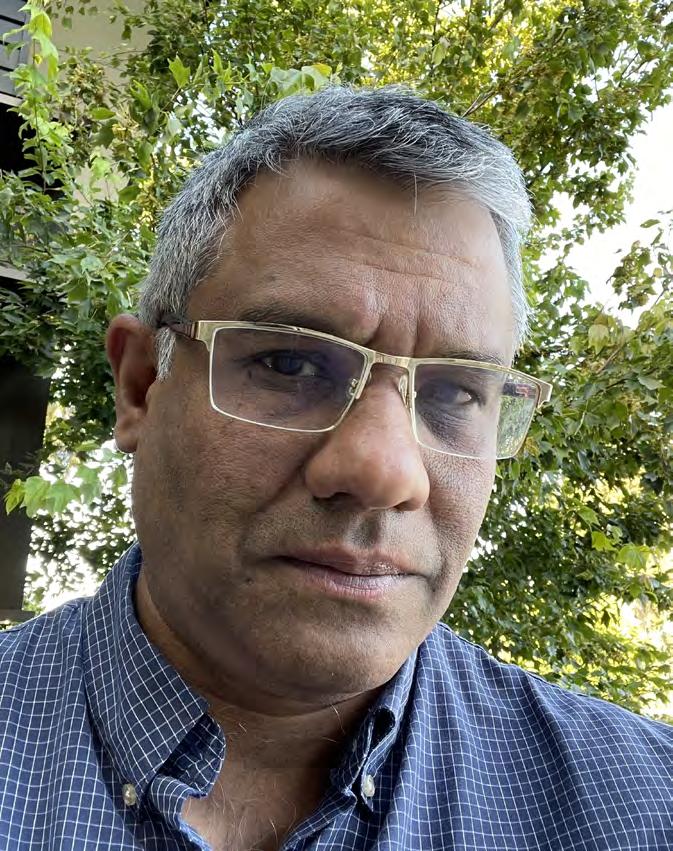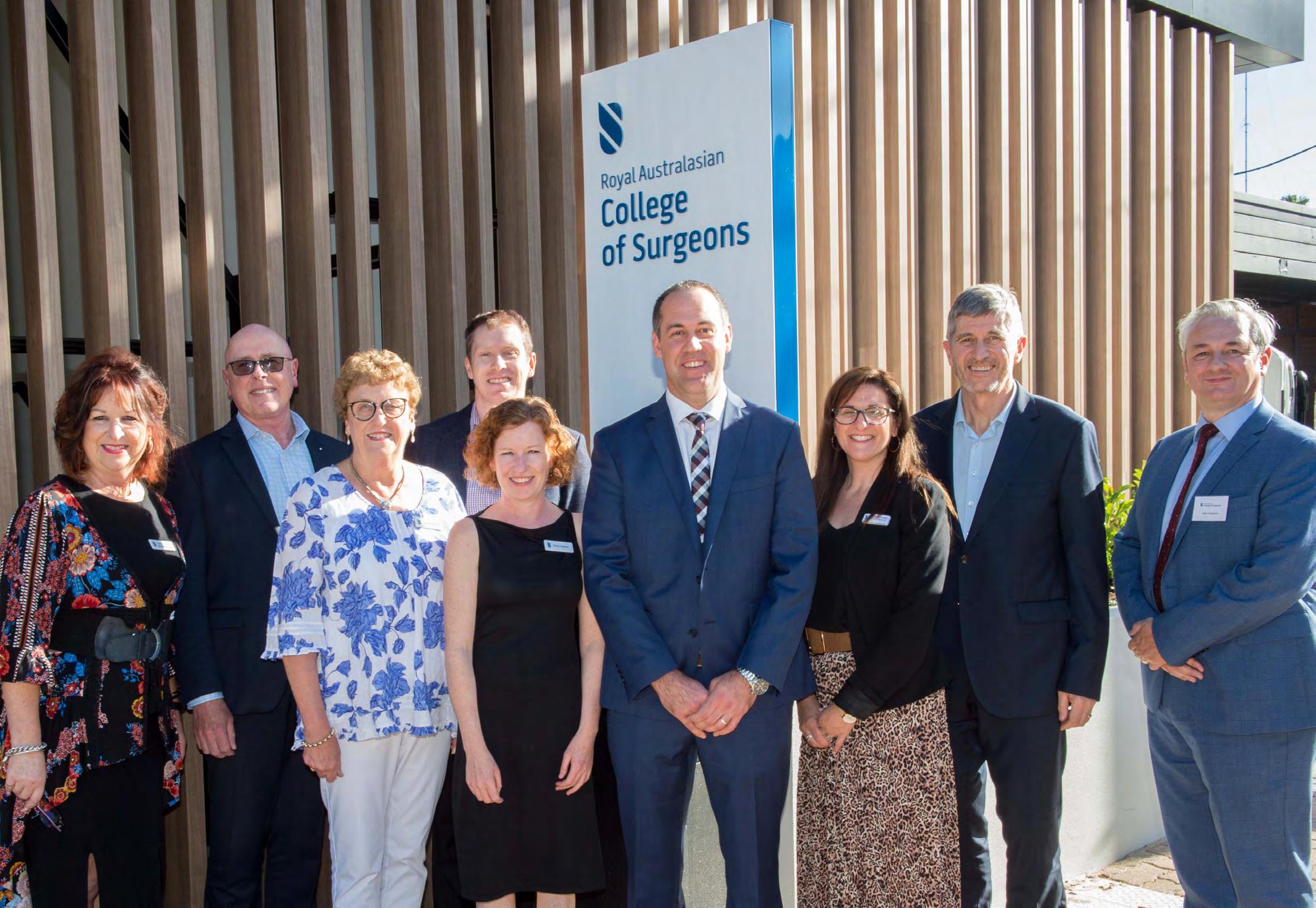12
New beginnings feature
of the staple line or suture line into the abdominal space,” Professor O’Grady explained. “We want to detect this as early as possible and intervene before the patient becomes critically ill.”
black box at present; it’s very hard to diagnose what’s happening – we have no good tests to check whether it’s actually moving normally or not.”
Professor O’Grady is leading a team of scientists and engineers in developing a novel early warning system for anastomotic leaks. The device attaches to a small surgical drain – the type that is put into patients after surgery to drain away fluid. The drain collects fluid into a small container and it is then sampled using sensors.
With an Australian designer and a group of engineers, Professor O’Grady has developed a cutaneous wearable sensor device coupled to a telemetry system that records gut activity from the body surface. A series of sensors, acting together like a sophisticated electrocardiogram for the gut, are attached to a reader device that records the small electrical signals from the body.
Considerable work has been done on this project due to support from the JMC Fellowship. Currently, the trials are preclinical and being done on animal models in the university lab, but next year Professor O’Grady is planning to take it through to first in-human trials.
The test can be done in an office outpatient setting as the patient eats a meal. The device measures the electrical signals from the gut while the patient fills in a symptom-logging app on an iPad mini. All of these data are then processed in algorithms to generate reports.
4. A new diagnostic platform for gut dysmotility Building a platform for diagnosing gut dysmotility has been one of Professor O’Grady’s long-term goals. “The project has potential to be a breakthrough solution across a broad range of GI practice, to better evaluate gastric and colonic symptoms and to monitor surgical gut recovery,” he said. “The gut is like a
With technical development at an advanced stage, there are still clinical studies to complete before the product is ready. “We’re running a number of studies in parallel to now evaluate different gut disorders using the technology,” Professor O’Grady said. “The engineering is certainly a world-first, and we are excited to see what the clinical results will reveal.”
Funding medical research and investing in young people The JMC Fellowship has enabled Professor O’Grady to advance his research substantially over the past year, and he thanked his collaborators, students, RACS and, most especially, the Crouch and Unsworth family. “We depend on generosity to get these ambitious research projects off the ground,” he said. “It’s also important that we support the development of our talented Trainees who want to learn how to conduct surgical research. One of my current roles is Chair of the Australasian Surgical Research Society, and it is always an amazing privilege to see the quality and range of research being performed across Australasia by Trainees and medical students.” The RACS scholarships provide opportunities for people to learn academic skills at a formative stage of their careers, Professor O’Grady added. “If we can support the training of young academics, then we lay the foundations for entire careers of significant research impact. This helps the practice of surgery evolve to the benefit of our patients.”
RACS affirms commitment to ethics in health care In 2017, the Royal Australasian College of Surgeons (RACS) became a proud signatory to the Australian Consensus Framework for Ethical Collaboration in the Healthcare Sector (ACF), now known as the Australian Ethical Health Alliance (AEHA). The AEHA is a collaboration between professional bodies, industry organisations, hospitals and health services associations, regulators and patient advocacy groups to tackle ethical issues within the health sector.
It is a government supported, sectorled voluntary initiative that began with five bodies (RACS included) and has subsequently grown to more than 60 signatories. At the end of 2020, RACS was asked to complete a self-evaluation form outlining our progress against AEHA principles. In the response, the College highlighted our ongoing commitment to the Building Respect program, including new policies and standards that were introduced in 2020 that are targeted at standards
of behaviour and workforce conduct. This includes the new RACS Workforce Conduct Policy. The College’s evaluation report also detailed the formation of the Environmental Sustainability in Surgical Practice Working Group, which has already led a number of important submissions to government enquiries. To read the full evaluation please visit the RACS website and search for ‘AEHA guide’.




























